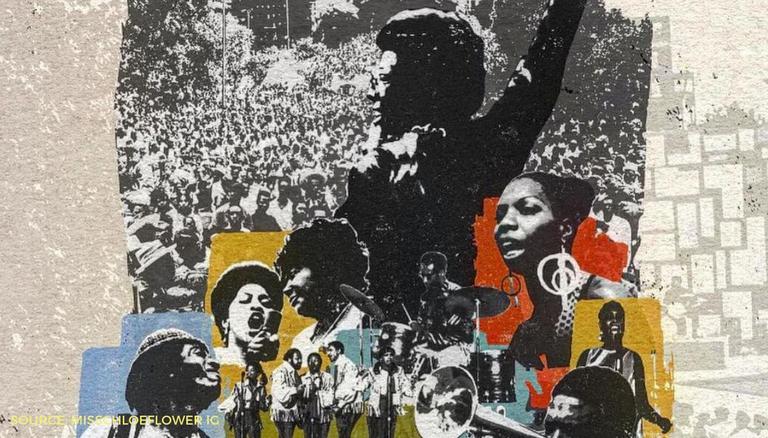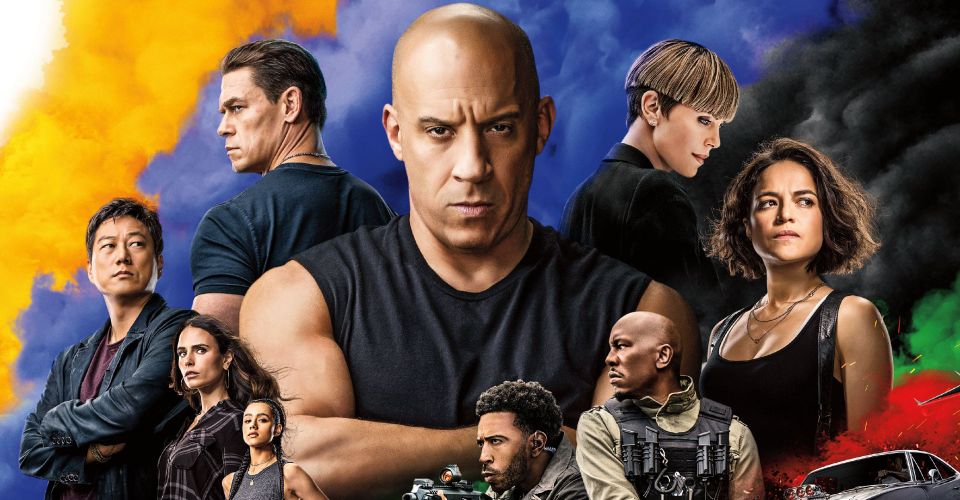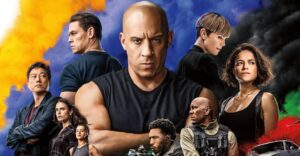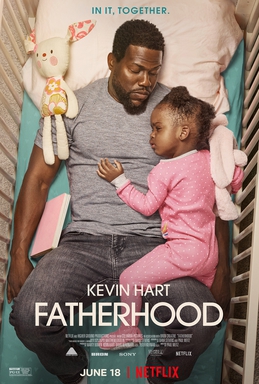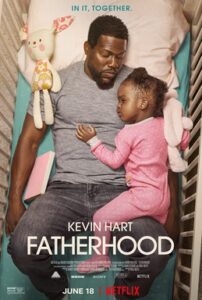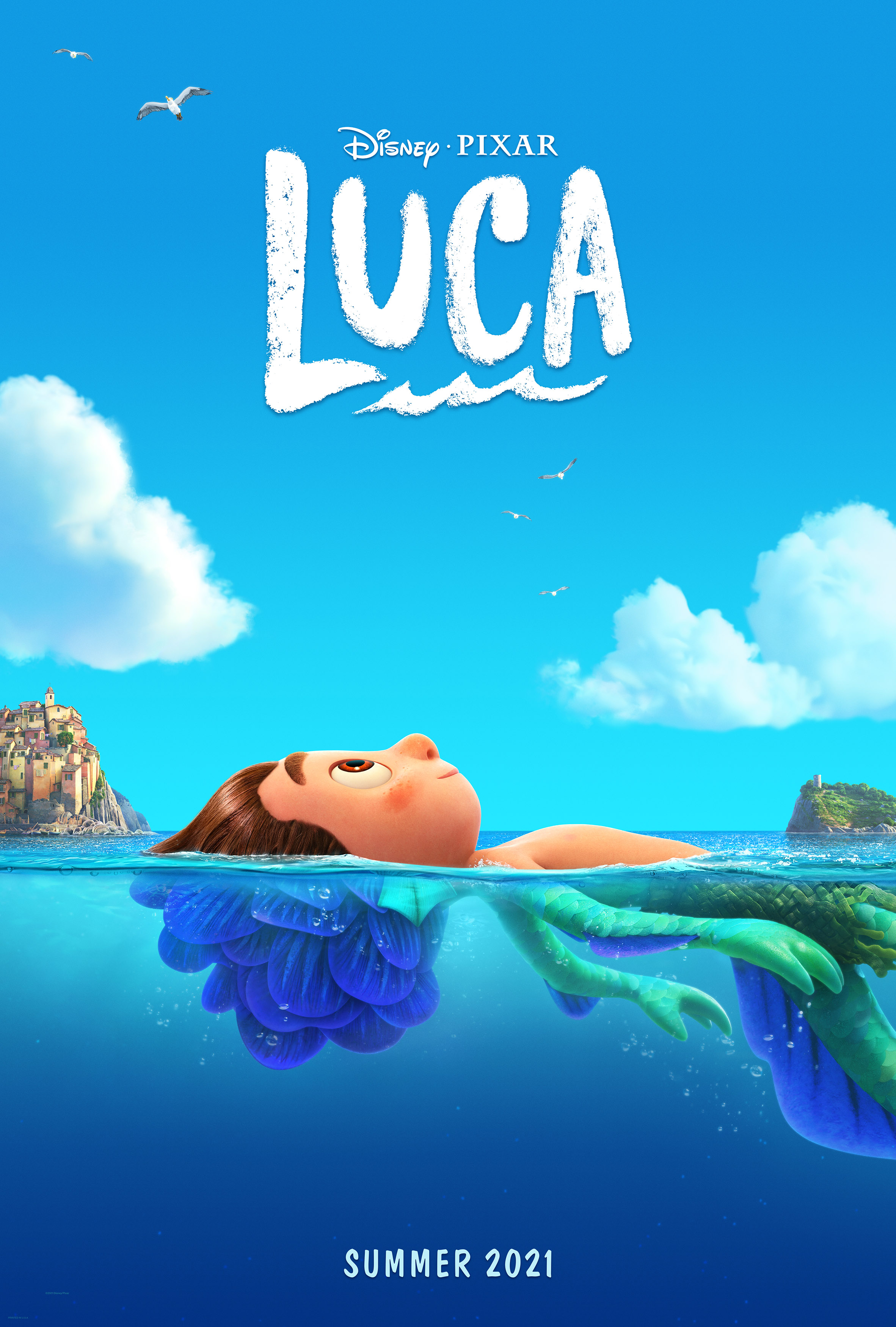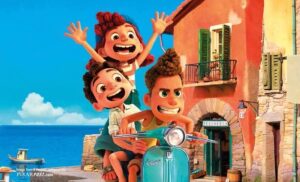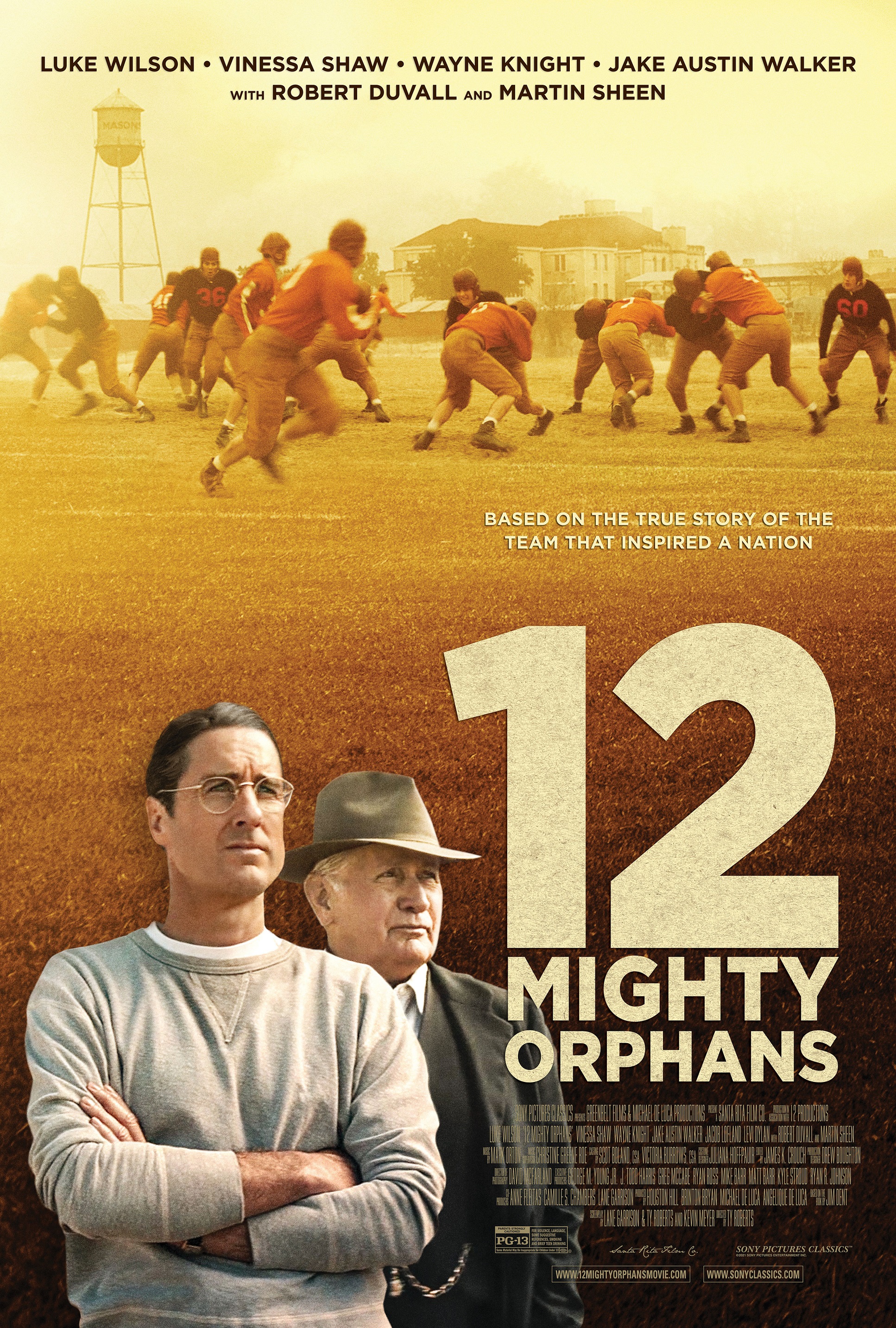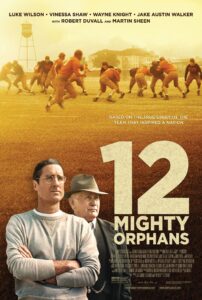Summer of Soul (…Or When the Revolution Could Not Be Televised)
Posted on June 24, 2021 at 8:00 am
A-| Lowest Recommended Age: | 4th - 6th Grade |
| MPAA Rating: | Rated PG-13 for brief drug material, some disturbing images, and smoking |
| Profanity: | Some strong language |
| Alcohol/ Drugs: | Brief drug material |
| Violence/ Scariness: | Archival images of violence |
| Diversity Issues: | A theme of the movie |
| Date Released to Theaters: | June 25, 2021 |
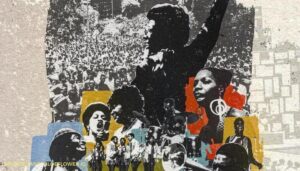
And now Questlove, whose expansive knowledge of music is is reflected in his work with The Roots on the Tonight Show and his book Music is History has combined the archival footage with contemporary interviews in directing (as Ahmir-Khalib Thompson) “Summer of Soul,” which deserves to be every bit the cultural touchstone of the other big concert of the year.
There’s even some overlap. Sly and the Family Stone, whose “I Want to Take You Higher” is a highlight of “Woodstock,” is every bit as incendiary in this film as well, though one participant jokes that Sly was so unreliable that you could not be sure he was coming on stage even after his name was announced. The sheer variety is pure joy and every performance is thrilling, from the Edwin Hawkins Singers to Mahalia Jackson to Hugh Masekela and Nina Simone, blues legend B.B. King to supper club legend Abbey Lincoln. David Ruffin of The Temptations shows up as a solo singer. A 19-year-old Stevie Wonder! Gladys Knight and the Pips! The just-breaking-through Fifth Dimension performs in bright yellow shirts with orange fringed vests. They talk about how their pop sound made audiences think they were white and when some discovered that they were not, accused them of being “not Black enough.” Sweetly, they say it meant the world to them to be welcomed by the audience in Harlem.
Questlove/Thompson skillfully blends the archival footage to include the recollections of those who were there with historical context and contemporary perspective. I would happily watch an entire documentary about the host and promoter, night club singer Tony Lawrence, and learn more about how it all came together. Most moving are the comments about how much it meant to the community, especially the people who were there as performers and audience members. The pure joy that radiates from the venue, those on stage and those who were listening, some grilling chicken, some hanging from the trees to get a better view, is like a jolt of optimism and a powerful reminder of the power of music to bring people together.
Parents should know there is some historical footage with violent images and a drug reference, along with some strong language and smoking.
Family discussion: Which was your favorite performance and why? Could an event like this free concert series happen today?
If you like this, try: “Woodstock,” “What Happened, Miss Simone?” the “1971” series about the music of that transitional moment, and another recently restored concert film from archival footage, “Amazing Grace,” with Aretha Franklin

